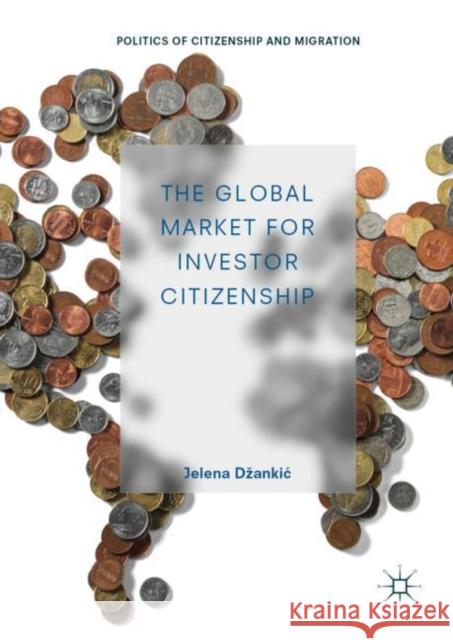The Global Market for Investor Citizenship » książka
topmenu
The Global Market for Investor Citizenship
ISBN-13: 9783030176310 / Angielski / Twarda / 2019 / 225 str.
Kategorie BISAC:
Wydawca:
Palgrave MacMillan
Seria wydawnicza:
Język:
Angielski
ISBN-13:
9783030176310
Rok wydania:
2019
Wydanie:
2019
Ilość stron:
225
Waga:
0.43 kg
Wymiary:
21.01 x 14.81 x 1.42
Oprawa:
Twarda
Wolumenów:
01
Dodatkowe informacje:
Wydanie ilustrowane











